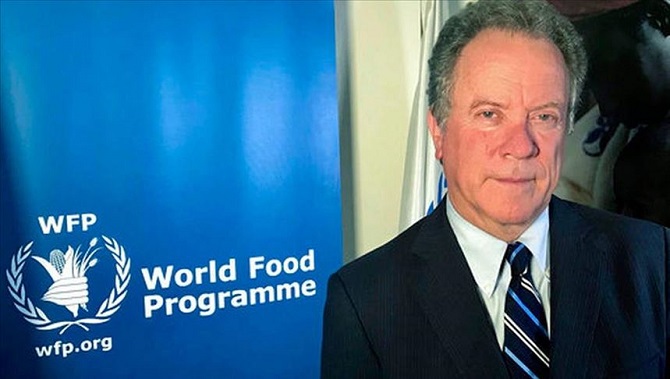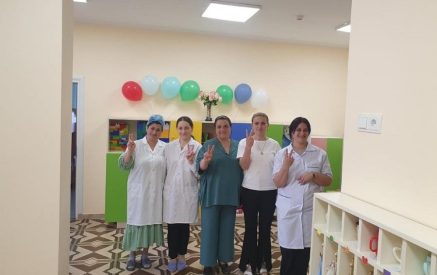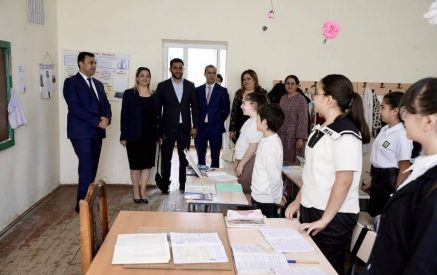ROME/NEW YORK, 29 April 2020 – As the COVID-19 crisis pushes up levels of hunger among the global poor, the World Food Programme and UNICEF are urging national governments to prevent devastating nutrition and health consequences for the 370 million children missing out on school meals amid school closures.
“For millions of children around the world, the meal they get at school is the only meal they get in a day. Without it, they go hungry, they risk falling sick, dropping out of school and losing their best chance of escaping poverty. We must act now to prevent the health pandemic from becoming a hunger catastrophe,” said WFP Executive Director David Beasley.
School meals are especially critical for girls. In many poor countries, the promise of a meal can be enough to make struggling parents send their daughter to school, allowing her to escape heavy domestic duties or early marriage.
“School is so much more than a place of learning. For many children it is a lifeline to safety, health services and nutrition. Unless we act now – by scaling up lifesaving services for the most vulnerable children – the devastating fallout caused by COVID-19 will be felt for decades to come,” said Henrietta Fore, UNICEF Executive Director.
Alongside school meal programmes, children in poor countries often benefit from health services – such as vaccinations and deworming – delivered through their schools.
Under the partnership, WFP and UNICEF will assist governments in the coming months to ensure that when schools reopen returning children benefit from school meals and health programmes. This will also provide an incentive for parents to send their children back to school.
UN WFP Armenia Country Office























































